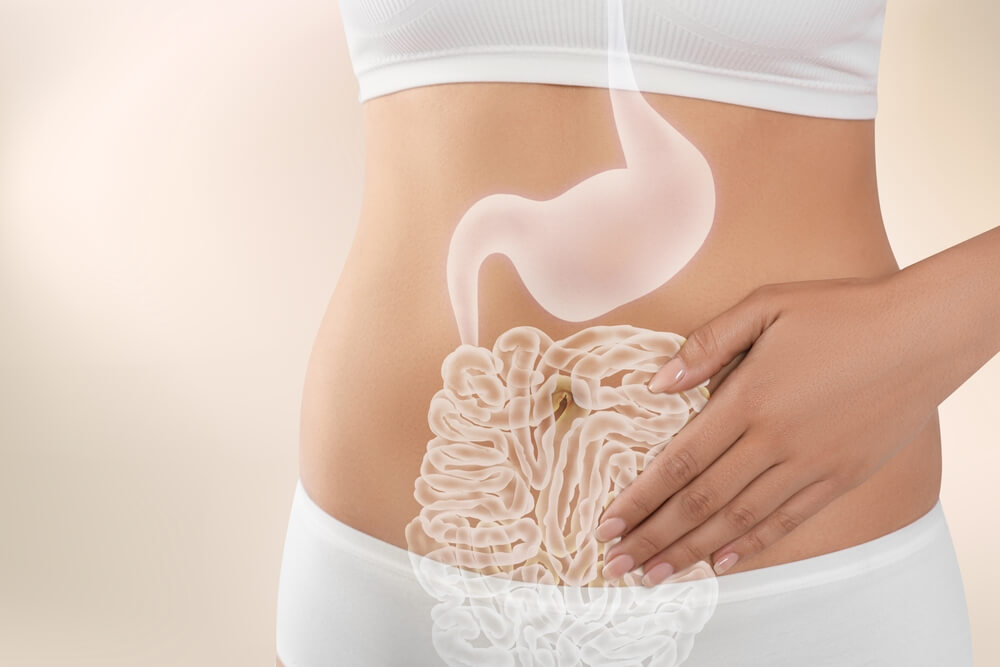Gastrointestinal Health: Exploring Common Issues and Effective Solutions
In the realm of digestive health, the gastrointestinal system plays a pivotal role in maintaining overall well-being. From common ailments like heartburn to more complex issues such as inflammatory bowel diseases, our digestive system is susceptible to various conditions that can impact daily life. In this informative guide, we delve into key gastrointestinal diseases, shedding light on prevalent issues like Gastroesophageal reflux disease (GERD), Peptic ulcer disease (PUD), Irritable bowel syndrome (IBS), Gallbladder stones, Fatty liver disease, and Inflammatory bowel disease (IBD).
Gastroesophageal Reflux Disease (GERD)
GERD, characterized by persistent heartburn and the potential presence of a hiatal hernia, is a prevalent gastrointestinal concern affecting millions worldwide. Heartburn, a burning sensation in the chest, is often accompanied by the regurgitation of stomach acid into the esophagus. This acid reflux can be exacerbated by a hiatal hernia, where a portion of the stomach protrudes into the chest cavity. For many, oral medications are effective in controlling GERD symptoms. For a few, a more aggressive treatment plan is necessary.
The causes of GERD are multifaceted, encompassing lifestyle factors, dietary modifications, and stress reduction.

Certain foods, such as spicy or acidic items, can trigger symptoms. Lifestyle modifications, medications, and in severe cases, surgery, are among the diverse treatment options available. Understanding and addressing the underlying causes are crucial in managing GERD effectively.
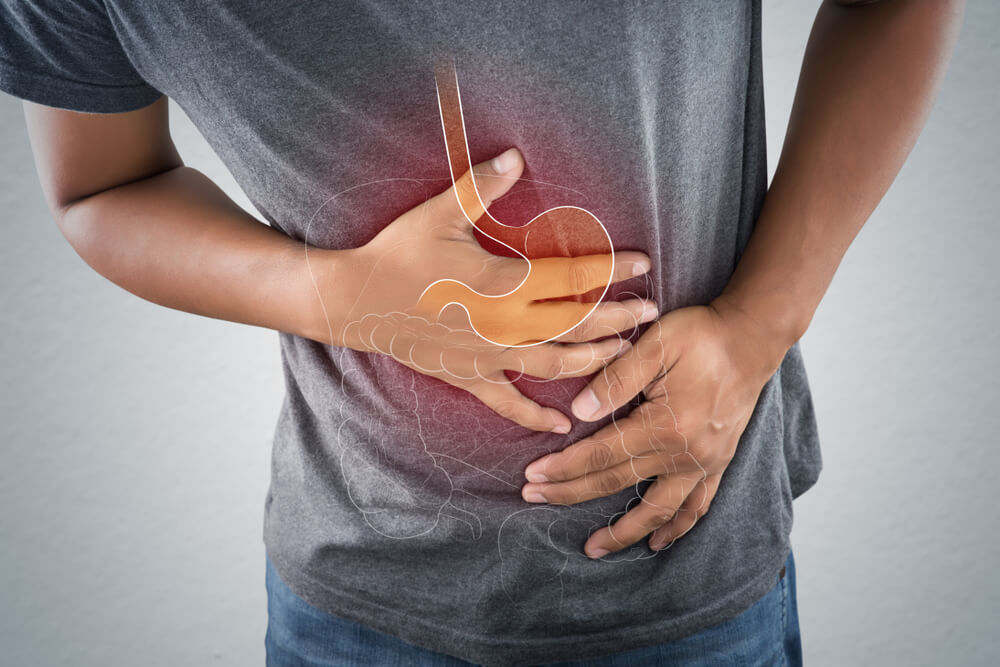
Peptic Ulcer Disease (PUD)
Peptic Ulcer Disease, often characterized by a hole in the stomach lining, is a condition with potentially serious complications if left untreated. Stomach acid erodes the protective mucosal lining, leading to the formation of ulcers that can bleed and cause pain. A primary culprit behind PUD is the bacterium Helicobacter pylori, although long-term use of certain medications and lifestyle factors can also contribute.
Symptoms of PUD include epigastric abdominal pain, bloating, and nausea & vomiting of blood. Timely intervention through antibiotics to eradicate H. pylori, medications to reduce stomach acid, and lifestyle changes can aid in healing ulcers and preventing recurrences and complications.
Irritable Bowel Syndrome (IBS)
IBS, a chronic gastrointestinal disorder, presents a unique challenge with its alternating symptoms of diarrhea and constipation. The exact cause of IBS remains elusive, involving a complex interplay of factors such as genetics, diet, and gut microbiota. Stress and anxiety can also exacerbate symptoms.
Individuals with IBS often experience abdominal pain, bloating, and a change in bowel habits. Lifestyle modifications, dietary changes, and stress management techniques form the cornerstones of IBS management. Seeking guidance from healthcare professionals helps tailor an effective, personalized treatment plan.

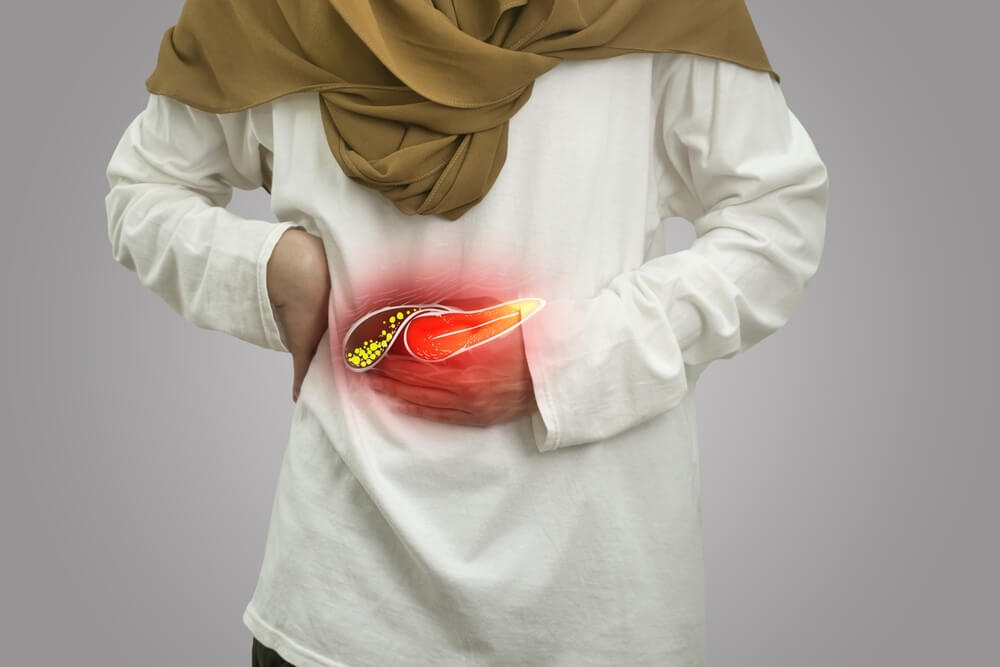
Gallbladder Stones (Cholelithiasis)
Gallbladder stones, also known as cholelithiasis, are crystalline deposits that form in the gallbladder. These stones can range in size and composition, causing blockages, leading to symptoms such as abdominal pain, nausea, and jaundice. Dietary factors, genetics, and certain medical conditions contribute to their formation.
Treatment options for gallbladder stones can vary, ranging from lifestyle and dietary modifications to surgical removal of the gallbladder. Identifying the type and size of stones is crucial in determining the most appropriate course of action. Regular check-ups and consultation with healthcare providers aid in managing gallbladder health.
Fatty Liver Disease
Fatty liver disease encompasses both alcoholic and non-alcoholic variants, both are characterized by the accumulation of fat within the liver cells. While excessive alcohol consumption is a leading cause of the alcoholic variant, non-alcoholic fatty liver disease (NAFLD) is often associated with obesity, diabetes, and metabolic syndrome.
Symptoms of fatty liver disease may not manifest until the condition progresses to its later stages. Lifestyle modifications, including weight management, dietary changes, and abstinence from excessive alcohol consumption, play a pivotal role in disease management. Regular monitoring and healthcare consultations are essential for mitigating potential complications.
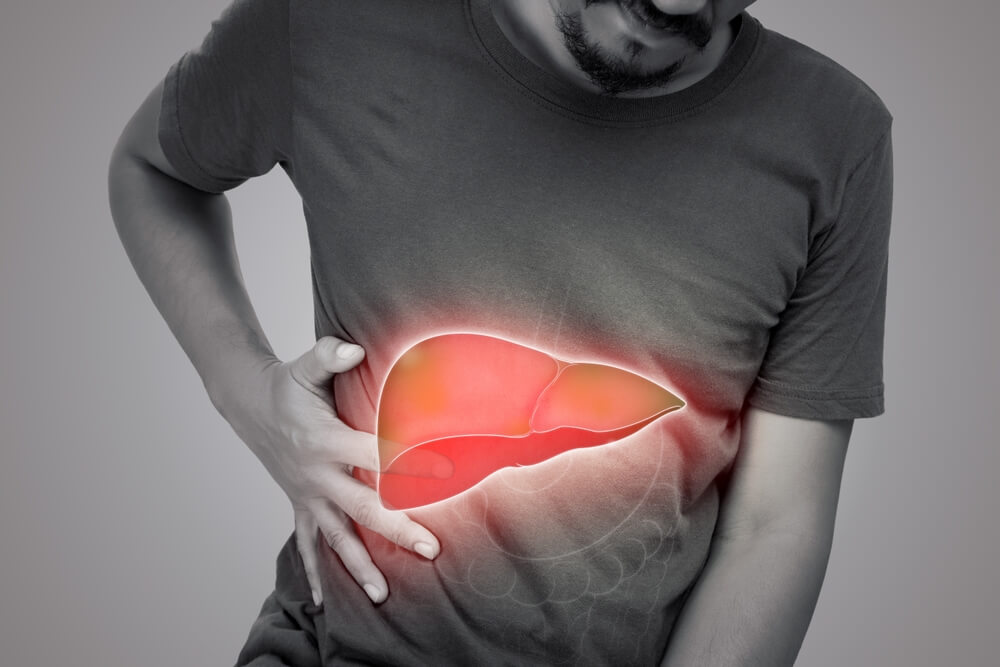
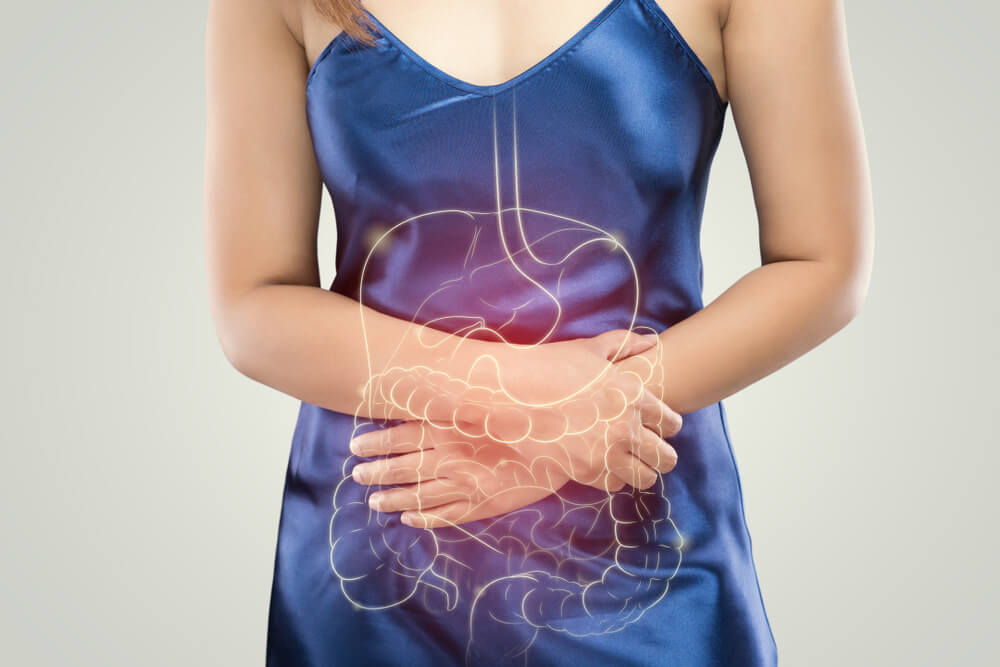
Inflammatory Bowel Disease (IBD)
Inflammatory bowel disease is comprised of Crohn’s disease and ulcerative colitis; both characterized by inflammation in the gastrointestinal tract. Symptoms include abdominal pain, diarrhea, and in severe cases, bloody stool. The exact causes of IBD can be complex, involving a combination of genetic predisposition, immune system dysfunction, and environmental factors.
Treatment for IBD aims to reduce inflammation and manage symptoms, especially gastrointestinal bleeding. Medications, lifestyle modifications, and in some cases, surgery, are part of the comprehensive approach to IBD management. Regular follow-ups with healthcare professionals are crucial for adapting treatment plans to individual needs.
Nurturing Gastrointestinal Health for a Balanced Life
In navigating the intricate terrain of gastrointestinal health, understanding the nuances of conditions like GERD, PUD, IBS, gallbladder stones, fatty liver disease, and IBD is essential. By adopting a holistic approach that includes lifestyle modifications, dietary changes, and regular healthcare consultations, individuals can proactively manage their gastrointestinal well-being.
For personalized guidance on gastrointestinal health and tailored treatment plans, consult with healthcare professionals like Dr. Juan S. Pico. Dr. Pico’s expertise and commitment to patient care make him a valuable partner in the journey towards optimal gastrointestinal health. Prioritize your well-being and empower yourself with the knowledge needed to nurture a balanced and healthy life.
